An Inspiring Story Of BL Bengani And His Sustainable Company
BL Bengani had already 40 years of extensive experience in the plywood manufacturing industry and he couldn’t help getting bothered by how trees are chopped down in extensive numbers. He wanted to do something about the matter and had a slight idea as to what to do to prevent this but didn’t know yet how. In simple words, he knew that he would have to bring an alternative to the market that wouldn’t involve wood cutting for the plywood.
What makes him even more satisfied with his decision today is the fact that India lost 14% of its tree cover during COVID and rainforest destruction went to 12%, and his company is not contributing to this misfortune. BL Bengani however was now determined that he would not let the environment get more affected and that he would do everything possible in his hand to cause the less damage as possible. Keeping the idea, he spent the next 2 years in the research which eventually landed him in the making of a zero-wood board. A board that is made up of agricultural husk, thus replacing the plywood.
BL Bengani hit the two targets at the same time by accomplishing his dream and saving the environment. Though saving the environment was what he had desired in the first place. He named his invention Natural Fibre Composite Board (NFC Board). It is termite-proof, waterproof, 100% recyclable, and flame-retardant. Most importantly, since it’s 100% recyclable it can be moulded into any desired shape of one’s preference. Moreover, besides using agricultural husks such as rice and wheat it also uses PVC resin which is imported from Japan and South Korea. Bengali’s NFC Board is similar to natural timber and plywood not only in looks but in performance as well.
How did it happen?
It was in the 80s when Bengani began his journey in the plywood industry. And, 1996 was the year when he established his own company named Uniply Industries which was moreover listed on the Bombay Stock Exchange. The company used to import round timber logs from Myanmar in the initial years until the Myanmar government banned the export in 2014-15. Bengani’s business was now facing problems due to the lack of raw materials. That was the first time when bringing a sustainable and eco-friendly alternative crossed his mind.

He was concerned about the environmental health so there was no way of going again with the plywood made up of wood. The research work actually began in 2017 and he spent around 20 lacs on the experimentation to be able to come up with a successful result. The process furthermore took the lives of numerous machines apart from the other failures that the team went through. Then, finally, in 2019, the company got the success of launching the NFC board.
How did the company manage the raw material?
The main material for the NFC Board is collected from nearby farmers and rice mills. Luckily, the company’s location is at the best destination possible being 10 km away from the rice mills and fields. Also, since paddy is produced extensively there so the company does not have to face issues of the shortage of raw materials. Furthermore, the material can be moulded for any exterior applications. It can even be used as a replacement for glass fibre-reinforced concrete for exteriors. These boards above all can stand any climatic changes as well.
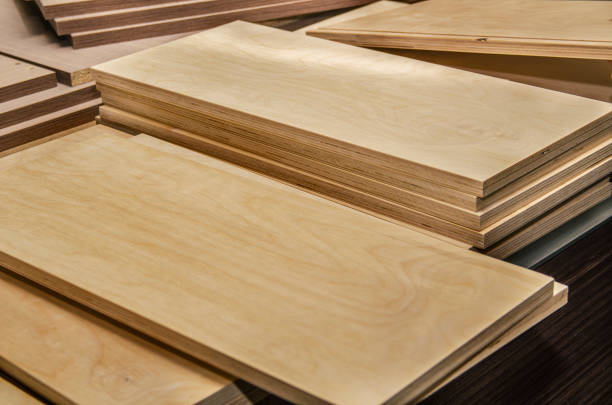
Did you have any idea that the company saves 20,000 trees from being chopped down by using agricultural husk? Today, the company hold a capacity of 5,000 tonnes and supplies to Australia and New Zealand. Both countries indeed use sustainable products in high numbers. The supply has also gone to Oman and at present working to export it to the US. Bengani though is satisfied with his decision and the company’s sustainable work but he wants other companies to follow the same path as well. Because obviously, more number in sustainable companies mean more eco-friendly work and less harm to the environment.
She Changed The Dumping Ground To A World Heritage Site
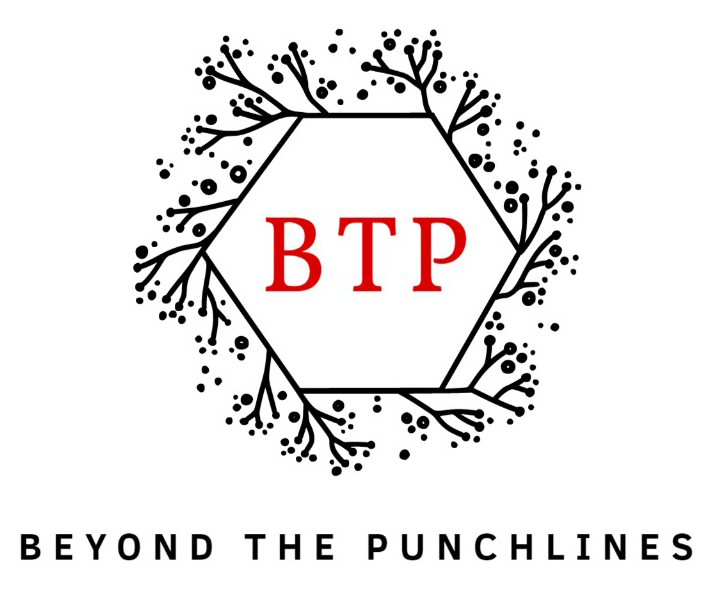



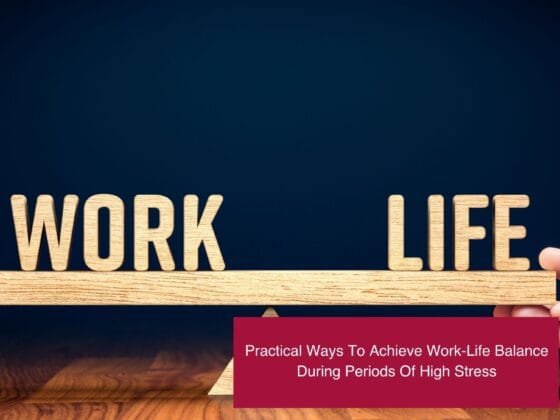
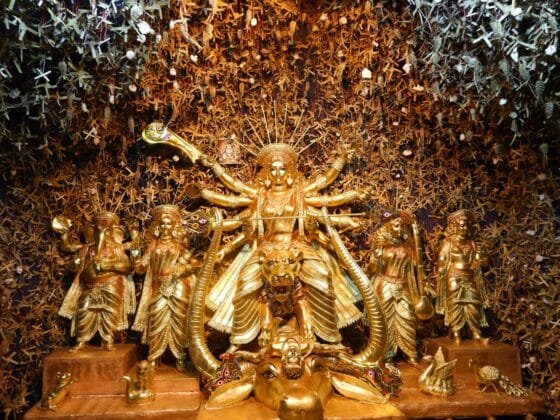





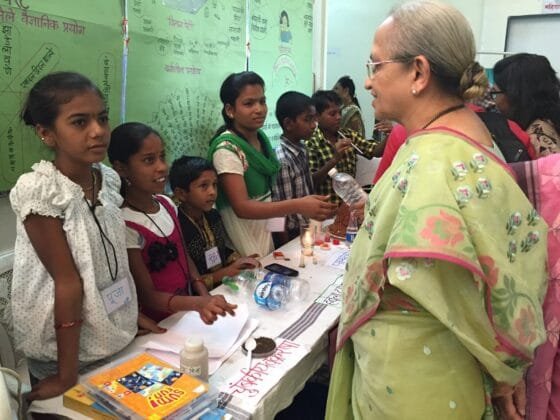
You must log in to post a comment.